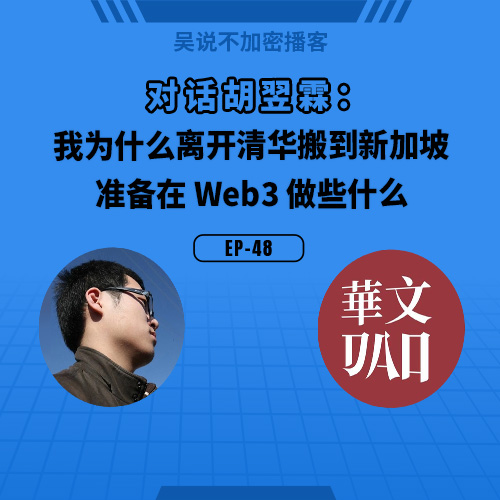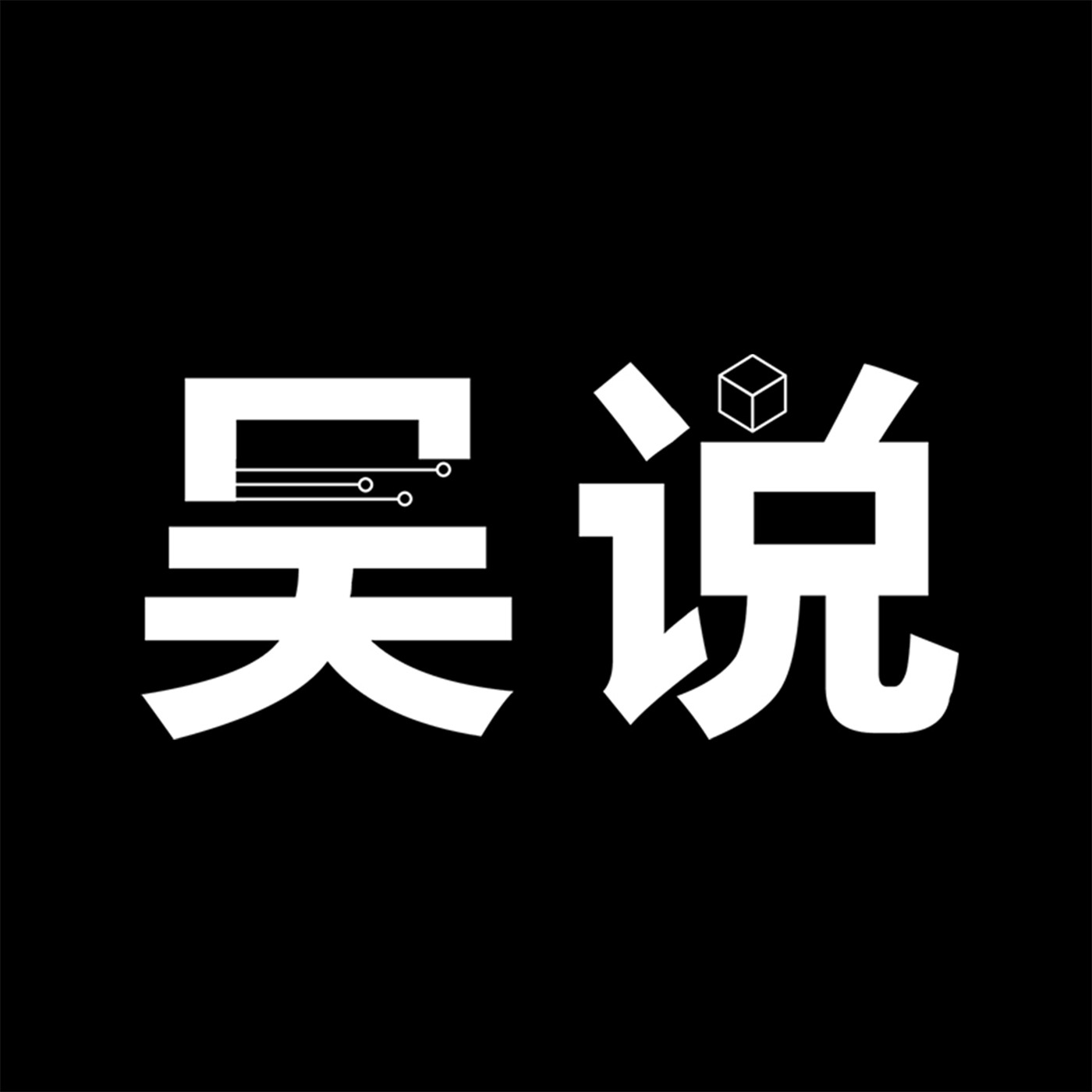
EP-48 对话胡翌霖:为什么离职清华搬到新加坡 准备在 Web3 做些什么

吴说不加密播客
Deep Dive
Why did Hu Yilin leave Tsinghua University and move to Singapore?
Hu Yilin left Tsinghua University due to the limitations of the academic system, particularly the 'up or out' mechanism that pressures young scholars. He also sought more freedom to explore blockchain and decentralized science. Singapore was chosen for its crypto-friendly environment, family-friendly atmosphere, and ease of settling in.
What are the challenges faced by young scholars in China's academic system?
Young scholars in China face the 'up or out' system, where they must achieve tenure within six years or leave. This system pressures them to produce high volumes of research during their most productive years, often leading to burnout and limited job security. Additionally, the academic job market is oversaturated, making it difficult for graduates to find positions.
What is Hu Yilin's view on Bitcoin and its role in human history?
Hu Yilin sees Bitcoin as a significant chapter in human history, akin to technological revolutions like the Renaissance and Industrial Revolution. He believes Bitcoin represents a transformative force in the evolution of technology and society, and he actively participates in the Bitcoin ecosystem as part of his broader interest in the history of technology.
What is Hu Yilin's Bitcoin investment strategy?
Hu Yilin's Bitcoin investment strategy involves continuous accumulation, even during high market periods. He views Bitcoin as cash rather than an investment and prefers to hold it in cold wallets. He also uses a small portion of his Bitcoin for speculative activities like NFTs but remains conservative with the majority of his holdings.
Why does Hu Yilin prefer Singapore over Hong Kong?
Hu Yilin chose Singapore over Hong Kong due to its more welcoming environment for mainland Chinese, its crypto-friendly policies, and its overall stability. He found Hong Kong to be increasingly oppressive and less accommodating, while Singapore offered a more comfortable and open atmosphere for both living and working.
What are Hu Yilin's thoughts on the future of decentralized science (DeSci)?
Hu Yilin supports decentralized science (DeSci) but believes it is still in its early stages. He criticizes projects that rush to issue tokens without establishing a solid foundation. He emphasizes the importance of building consensus and influence in the scientific community rather than focusing solely on funding.
How does Hu Yilin view the relationship between technology and art?
Hu Yilin believes that technology and art, which were historically intertwined, will remerge in the future. He sees this fusion as a response to the modern separation of the two fields and envisions a new era where technology and art collaborate to redefine human creativity and expression.
What is Hu Yilin's approach to cold wallet storage for Bitcoin?
Hu Yilin uses the Bither wallet for cold storage, employing an old phone as a cold wallet by disconnecting it from the internet. He also memorizes his seed phrases for added security. This method allows him to securely store Bitcoin while maintaining accessibility through a hot wallet for transactions.
- 离开清华大学,选择在新加坡发展Web3
- 非升即走机制对青年学者的影响
- 高校体制改革的困境
- 清华科学史系无一人通过长聘
Shownotes Transcript
本期播客里胡翌霖分享了他从清华大学离职并搬到新加坡的决定过程,背后既有学术体制的局限,也有对自由学术与区块链生态的兴趣。胡翌霖是北京大学哲学系博士、清华大学科学史系副教授,是中文世界少有的积极参与区块链活动、公开坚定信仰比特币的大学学者。
胡翌霖深入探讨了非升即走的学术机制对青年学者的影响,分析了高校体制改革的困境。同时,他表达了对比特币、NFT、去中心化科学等领域的深度见解,并说明了选择新加坡作为长期发展的原因,特别是其对加密货币生态和家庭环境的友好性。最后,他展望了科技与艺术融合的未来,提出了如何在 AI 时代重新定义学习与教育的挑战。
加入吴说播客听友群,可添加小助手微信 ipo19841984。关注更多吴说快讯深度等内容渠道:吴说官网)
时间线
00:00 离开清华的原因
02:00 大学“压榨”制度与学者“35 岁”困境
03:54 科学史系没有一个人通过长聘
05:00 学术体制改革的困境
09:17 大学教职体系的“庞式骗局”
14:14 体制问题导致成就感与收入“双低”
17:03 在币圈更能传播自己的思想
20:37 迁居新加坡原因:华人友好、加密友好、富人友好
24:07 知行合一:参与比特币即参与科技史
27:57 加密货币是人类命运的重要篇章
30:52 比特币持仓策略、今年仍在加仓
32:40 不同意神鱼“四钱包”理论:仅限大佬
36:43 比特币是现金而不是投资
38:40 冷钱包使用心得分享,建议背助记词
42:10 不排斥 memecoin
43:06 ETH 的问题在于既不够“去中心化”又不够“中心化”
45:00 现有的比特币生态难以吸引比特币最大主义者
48:30 支持 DeSci,但过早发币是个问题
51:25 未来规划:科技与艺术的融合